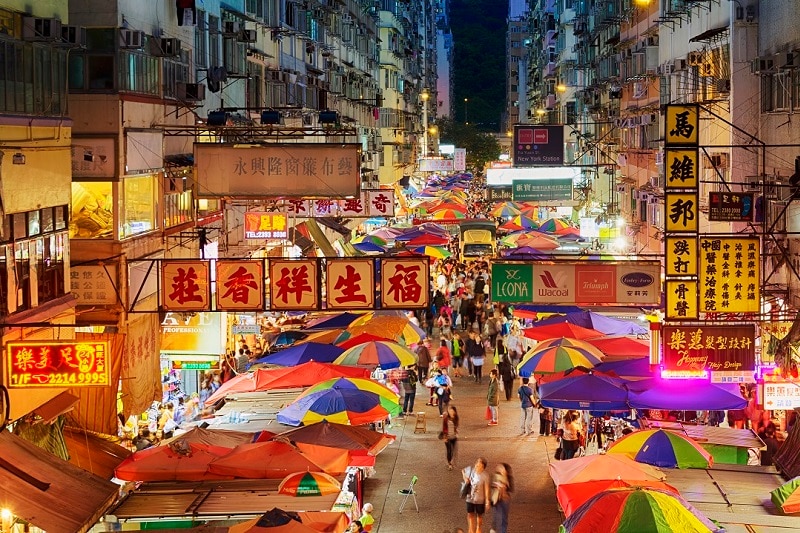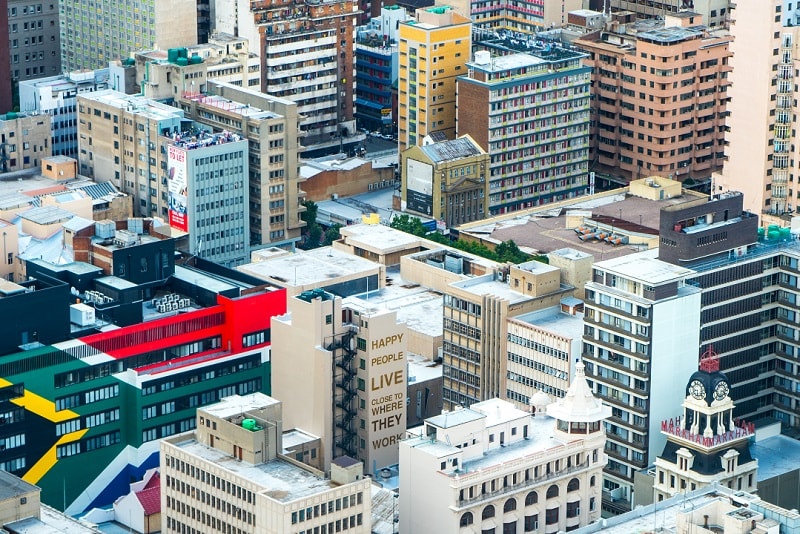
Illicit trade in the Philippines has resulted in “the loss of hundreds of thousands, if not millions” of jobs
21 MAR 2019

Commissioner Guillermo Parayno Jr. is one of the leading experts for tax and customs collection in the Philippines. He has served as head of the two largest revenue-collecting agencies in the Philippines. He was one of the youngest-ever commissioners of the Bureau of Customs (BOC), at the age of 44, and also led the Bureau of Internal Revenue (BIR). STOP ILLEGAL spoke to him; below is a transcript of that interview (edited for length and grammar).
How severe is the impact of illicit trade in the Philippines?
In the 1980s, there were studies comparing illicit trade across different countries. It showed that in the Philippines, 35 percent of all recorded imports were illicit. Since then, estimates indicate that this percentage has gone up, and those estimates don’t include products that are banned outright like drugs, guns and ammunition, among others.
For industries like garments and textiles and the agricultural sector—rice specifically—smuggling has been a major problem. It has caused entire groups of factories to close down, resulting in the loss of hundreds of thousands, if not millions, of domestic jobs. There are, of course, multiple reasons that these industries failed in the Philippines. However, illicit trade was a significant contributing factor to each of them.
Aside from revenues, what other adverse impact do you see illicit trade causing the government?
One impact illicit trade has had on government relates to the health and safety of citizens. Not only do low-quality imports infringe on intellectual property, but they also bring safety into question. For example, substandard electrical components and equipment are being traded and sold. In regard to health, for many citizens, the import of cheaper, counterfeit cigarettes prevents them from buying better-quality cigarettes. The same occurs with illegal alcohol. Thus, not only do the instances of smoking and drinking increase, especially in the youth category, but the products being purchased can be doubly detrimental to their health.
Another negative impact is on criminal activities, specifically for those within organized crime rings. This is especially problematic for the government, as these crime rings often have issues against the government, and their illegal dealings provide revenue to fund their anti-establishment operations.
What are the elements of an effective program against illicit trade?
I believe the most important elements are sustained, effective and informed leadership. Recently, in the Philippines, this was addressed through the establishment of separate enforcement groups, at both the Bureau of Internal Revenue and the Bureau of Customs, to focus solely on combatting illicit trade. The Bureau of Customs’ task force has a strike team. Personally, I think effective leadership must be partnered with a concrete ability to be able to execute operations, specifically the deployment of advanced technology.
I also think, in addition to having effective leadership and the relevant, specific task forces at your disposal, there should be collaboration between the private sectors and the government. The government must realize that they aren’t the only ones to have sources of information, and that effective industry support can help combat illicit trade. In my experience, the international network that companies in the private sector have is incredibly useful when it comes to compiling intelligence.
In terms of international cooperation, what are specific international programs that you see as having a concrete impact on illicit trade, especially related to special economic zones or free ports (in general free zones)?
Other countries have provisions for controlling the illicit trade of products like tobacco. For example, Article 15 in the Tobacco Products Directive (2014) enacts a traceability system for all tobacco products that are sold within the EU.
Transnational cooperation like this is very important. In fact, when I was the chief of intelligence and head of customs, I forged very strong working relationships with other countries like Hong Kong, the U.S. and so on. We were able to exchange information. These are some of the things that can—and are—being done.
What reforms would you like to see made to the customs process?
In terms of protocol, I think Customs and the Bureau of Internal Revenue should be taking the lead in issuing regulations and rules and adapting control measures, like proper use of reports and intelligence databases.
Ultimately, it all comes down to stronger controls, more effective data sharing and analysis of that data. I think there should be shared data warehousing between Customs and the BIR, to find and weed out suspicious transactions in international trade—particularly for those products that are likely to be involved in illicit trade, as well as for the raw materials that get used within their manufacture.
I also think there should be teams within Customs and the BIR dedicated to specific items such as tobacco or alcohol. A generalized task force, like in the BIR, for example, that has a lot of areas to cover will likely prioritize other things over the illicit trade of tobacco. If I was in the BIR or Customs, I would give them both dedicated teams with their own resources and legislation to ease their operation.
What would you say has been the biggest success in the last few years?
One ongoing success is the tax stamp project for a multitude of products that the government has enacted; it’s based on a successful program that began in 2014. It means that items will be stamped with security details for both imports and exports. This allows for a track-and-trace system, meaning the BIR and Customs could look up an item and immediately discover whether the packet of cigarettes, for example, has been legitimately manufactured or not and where that item should be. It includes items ranging from tobacco to alcohol to sugary products and beverages, and even fuel products. The fuel industry is especially significant here, as it is estimated the Philippines is losing PHP 40 billion (around USD 750 million) per year on these illicit products.
Hopefully, a new marking scheme will be implemented by April of this year, which means that every product—be it for humans or automobiles—will be marked at the point of taxation where they enter the country. Thus, if we find any product in these categories that is not properly marked, it will be assumed to be illicit and without the proper payment of revenue to the government.


